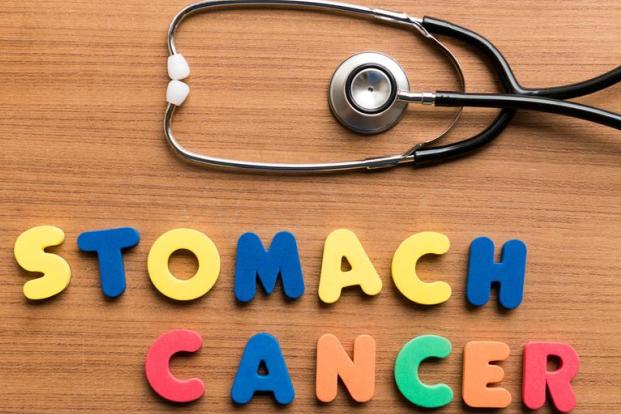Stomach Cancer (Gastric Adenocarcinoma): Overview
Apr 19, 2022
Gastric cancer is the fourth most common cause of cancer-related death in the world and its cure and treatment becomes further complicated in Western countries, primarily because most patients come with advanced disease. In the United States, stomach malignancy is currently the 15th most common cancer.

To start with, stomach begins at the gastroesophageal junction and ends at the duodenum. Adenocarcinomas of the stomach comprise of a heterogeneous chain of malignant lesions with a variety of predisposing conditions and etiologic factors. Other gastric epithelial malignancies include squamous, adenosquamous, undifferentiated carcinomas, medullary carcinoma with lymphoid stroma and neuroendocrine tumors. More than 95% of stomach cancer cases are adenocarcinomas, which are distinguished into 2 major histologic types- intestinal and diffused. Intestinal type adenocarcinoma is preceded by a sequence of gastric lesions called as Correa´s cascade and is the histologic type linked with the global decrease in gastric cancer rates.
Environmental and lifestyle factors– Tobacco smoking is a recognized major risk factor for the development of gastritis, ulcers, intestinal metaplasia and both proximal and distal gastric cancer.
Host factors– A great variety of genetic polymorphisms have been associated with gastric cancer risk, mainly in few inflammation-related genes.
Prevention and early detection– General measures for gastric cancer prevention are the adequate consumption of fresh fruits and vegetables, the avoidance of excessive salt intake and the avoidance of exposure to tobacco smoke.
Stage IA: People with stage IA stomach cancer typically have their cancer removed by total or subtotal gastrectomy.
Stage IB: The main treatment for this stage of stomach cancer is surgery (total or subtotal gastrectomy). Chemotherapy (chemo) or chemoradiation (chemo plus radiation therapy) may be given before surgery to shrink the cancer and makes it easier to remove.
Stage II: The main treatment for stage II stomach cancer is surgery to remove all or part of the stomach and nearby lymph nodes.
Stage III: Surgery is the main treatment for patients with this stage disease (unless they have other medical conditions that make them too ill for it).









